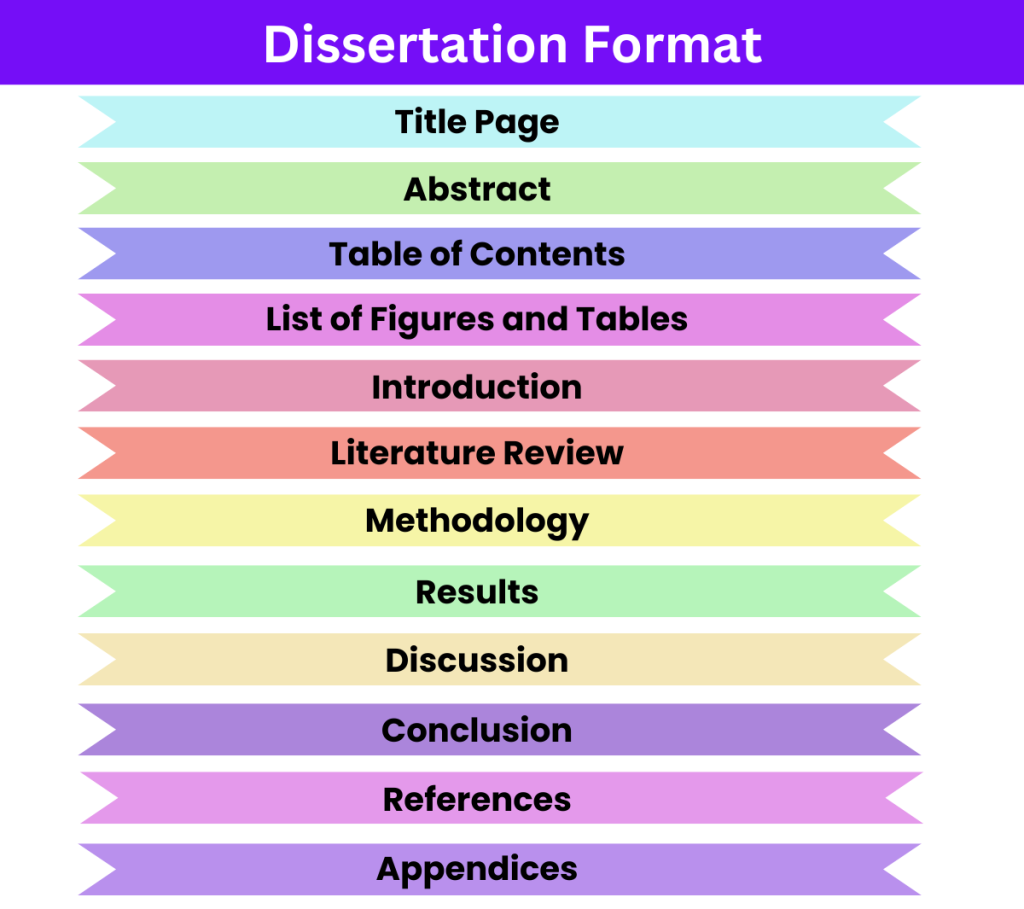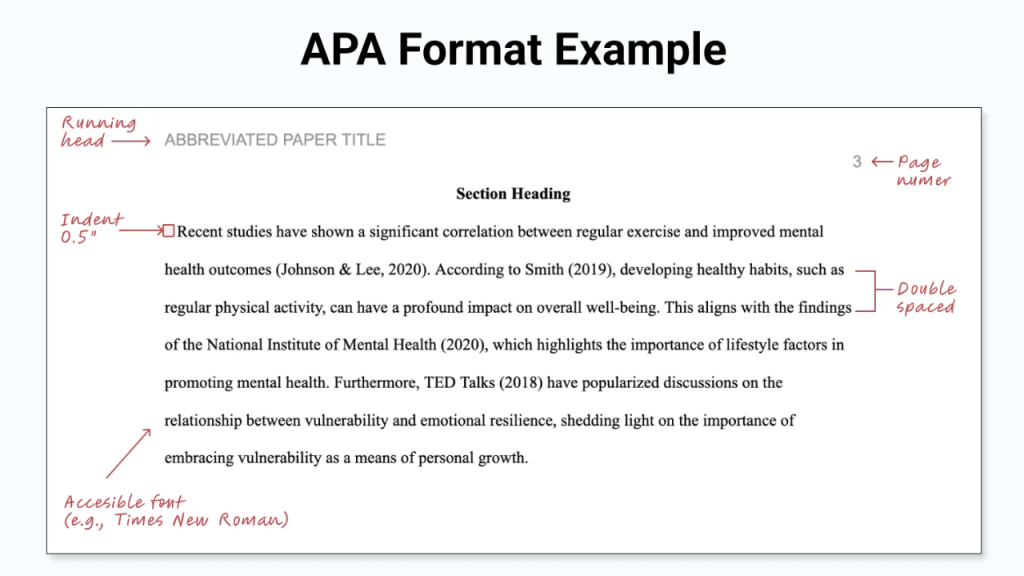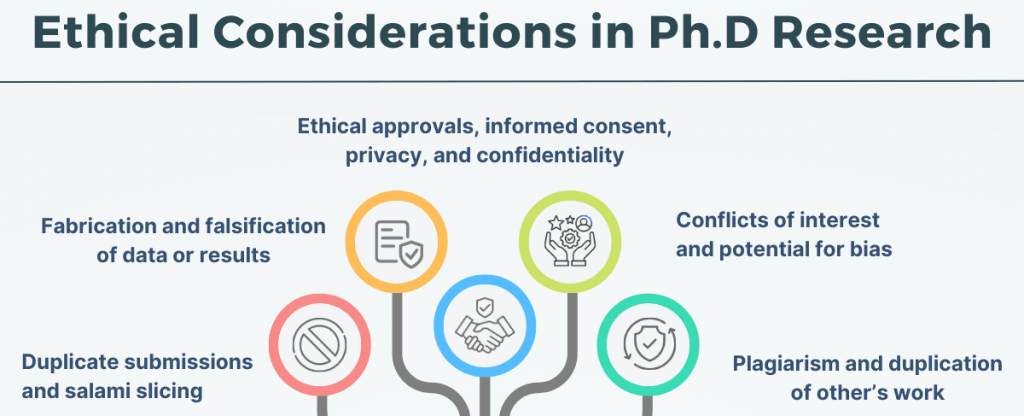
Table of Contents
The journey towards a Doctor of Philosophy (PhD) in Nursing is an intellectually rigorous and transformative experience. It is a path dedicated to developing nurse scientists equipped to generate new knowledge, advance nursing theory, and ultimately improve health outcomes through research. Central to this demanding process is the consistent production of high-quality scholarly writing. PhD papers for nursing are not mere academic exercises; they are the building blocks of a research career, the primary means of demonstrating critical thinking and analytical skills.
PhD papers for nursing also serve as vehicles through which new discoveries are disseminated to the wider scientific and clinical communities. Understanding the common types of PhD papers for nursing and mastering effective strategies for their successful completion is paramount for navigating this challenging yet rewarding academic endeavor.
This article explores the diverse landscape of scholarly writing required in a nursing PhD program. We will cover the common types of PhD papers for nursing that students are expected to produce, from initial coursework assignments to the final dissertation and publications. Furthermore, we will outline crucial strategies for success in PhD papers for nursing, encompassing planning, writing habits, seeking support, and navigating the inherent challenges of doctoral-level scholarship.
The Indispensable Role of Writing in the Nursing PhD
Unlike practice-focused doctorates like the Doctor of Nursing Practice (DNP), the PhD in Nursing places a heavy emphasis on original research and the creation of new knowledge. Writing is the fundamental medium through which this process unfolds and is evaluated. The effective writing of PhD papers for nursing allows PhD candidates to:
- Synthesize Existing Knowledge: Critically analyze and integrate vast amounts of literature to identify gaps, inconsistencies, or areas ripe for further investigation.
- Articulate Complex Ideas: Clearly communicate intricate theoretical concepts, methodological approaches, and research findings to diverse audiences.
- Demonstrate Critical Thinking: Showcase the ability to evaluate evidence, construct logical arguments, identify assumptions, and draw reasoned conclusions.
- Develop a Scholarly Voice: Cultivate a distinct, authoritative, yet objective tone appropriate for academic discourse within the nursing discipline.
- Contribute to the Discipline: Disseminate research findings, theoretical insights, and methodological innovations, thereby advancing nursing science.
- Fulfill Program Requirements: Successfully complete coursework, pass qualifying examinations, and produce a methodologically sound and impactful dissertation.
Mastering the art and science of scholarly writing is, therefore, not an adjunct skill but a core competency for any aspiring nurse scientist.
Common Types of PhD Papers for Nursing
The PhD journey involves various forms of scholarly writing, each with its own purpose, structure, and expectations. Understanding the different types of PhD papers for nursing helps students anticipate requirements and develop targeted writing skills. The following are the most common types of PhD papers for nursing.
1. Coursework Papers:
These assignments are foundational, designed to build essential knowledge and skills early in the program. They often serve as stepping stones towards more complex projects like the dissertation. Common types include:
- Literature Reviews: These go beyond simple summaries. They involve synthesizing and critically evaluating existing research on a specific topic. Types vary:
- Narrative Reviews: Provide a broad overview of a topic.
- Integrative Reviews: Synthesize findings from diverse methodologies (quantitative, qualitative) to provide a comprehensive understanding.
- Systematic Reviews: Employ rigorous, predefined methods to identify, appraise, and synthesize all relevant studies on a focused research question (often forming the basis for meta-analyses).
- Scoping Reviews: Map the existing literature on a broad topic to identify key concepts, evidence sources, and research gaps.
- Critiques: Students analyze and evaluate published research articles, theories, or existing healthcare policies. This involves assessing methodological rigor, theoretical soundness, relevance, and potential biases.
- Article Critiques: Focus on evaluating the strengths and weaknesses of a single research study (design, methods, analysis, conclusions).
- Theory Critiques: Examine the assumptions, logical consistency, clarity, empirical adequacy, and utility of a nursing or borrowed theory.
- Concept Analyses: These papers rigorously explore and clarify a specific concept relevant to nursing (e.g., resilience, compassion fatigue, health literacy). Various established methodologies (e.g., Walker & Avant, Rodgers) are used to define attributes, antecedents, consequences, and empirical referents.
- Methods Papers: Students might explore a specific research methodology (e.g., phenomenology, grounded theory, randomized controlled trials) in depth, discussing its philosophical underpinnings, procedures, strengths, limitations, and application in nursing research.
- Theoretical/Conceptual Framework Papers: These assignments require students to identify, describe, and justify the theoretical or conceptual framework that might guide a potential research study. This involves explaining the key concepts, propositions, and assumptions of the framework and linking them to the proposed research problem.
2. Comprehensive/Qualifying Examination Papers:
Often occurring midway through the program, these PhD papers for nursing assess a student’s mastery of core knowledge domains and their readiness to undertake independent dissertation research. While formats vary (e.g., timed invigilated exams, take-home written exams), they frequently involve substantial writing components. These types of PhD papers for nursing might require students to:
- Synthesize knowledge across multiple courses.
- Critically analyze major theoretical perspectives within nursing.
- Evaluate research methodologies relevant to their area of interest.
- Articulate and defend a potential area for dissertation research.
- Key Skills: Integration, synthesis, critical analysis, argumentation, clear academic writing under pressure (if timed).
3. The Dissertation Proposal:
This is arguably one of the most critical PhD papers for nursing prior to the dissertation itself. The proposal is a detailed blueprint outlining the planned dissertation research. It must convince the student’s supervisory committee that the proposed study is significant, feasible, theoretically grounded, and methodologically sound. Key components typically include:
- Introduction: Background of the problem, problem statement, purpose statement, research questions/hypotheses, significance to nursing.
- Literature Review: Comprehensive synthesis of relevant literature, identification of gaps, and justification for the study. Theoretical or conceptual framework presentation.
- Methodology: Detailed description of the research design, sampling strategy, data collection procedures, instruments/measures (including validity and reliability), data analysis plan, and ethical considerations (including IRB approval plan).
- Timeline and Budget (sometimes): Realistic plan for completing the research.
- Essential Qualities: Clarity, coherence, logical flow, detail, rigor, feasibility.
4. The Dissertation Manuscript:
The culmination of the PhD journey, the dissertation is a substantial, original contribution to nursing knowledge based on the student’s independent research. The dissertation is one of the most common types of PhD papers for nursing. Its structure can vary:
- Traditional Format: Typically consists of five or more chapters:
- Chapter 1: Introduction: Sets the stage, outlines the problem, purpose, questions, significance. (Often an expanded version of the proposal’s introduction).
- Chapter 2: Literature Review and Theoretical Framework: Provides a detailed background, synthesis of existing knowledge, and theoretical grounding. (Often an expanded version of the proposal’s literature review).
- Chapter 3: Methodology: Details exactly how the study was conducted (participants, procedures, measures, data analysis, ethics). (Reflects what was done, not just planned).
- Chapter 4: Results/Findings: Presents the data analysis outcomes objectively, using tables, figures, and narrative description. For qualitative studies, this involves presenting themes, categories, and supporting quotes.
- Chapter 5: Discussion: Interprets the findings, relates them back to the literature and theoretical framework, discusses implications for nursing practice, policy, education, and research, acknowledges limitations, and suggests future research directions.
- Additional Sections: Abstract, References, Appendices.
- Manuscript Format (Article-Based Dissertation): Becoming increasingly common, this format includes an introductory chapter and a concluding chapter that frame several distinct manuscripts (typically 2-4) suitable for publication in peer-reviewed journals. Each manuscript functions as a self-contained paper detailing a specific aspect or finding of the overall research project.
- Advantage: Facilitates timely dissemination of research findings.
- Challenge: Requires careful planning to ensure coherence across manuscripts and meet both dissertation and journal requirements.

5. Manuscripts for Publication:
Beyond the dissertation itself, PhD students are strongly encouraged (and sometimes required) to publish their research in peer-reviewed journals. This often involves adapting dissertation chapters or findings into journal article formats. These PhD nursing papers must be tailored to the specific journal’s scope, audience, and submission guidelines. Writing for publication requires conciseness, clarity, adherence to specific formatting (e.g., word limits, structure), and the ability to effectively communicate the study’s significance and contribution.
6. Conference Papers, Abstracts, and Posters:
Presenting research at professional conferences is a vital part of scholarly dissemination and networking. These PhD papers for nursing mainly involve writing:
- Abstracts: Concise summaries (often 250-500 words) submitted for conference acceptance. They must effectively capture the study’s background, purpose, methods, key findings, and conclusions.
- Conference Papers: Some conferences require submission of a full paper for presentation or proceedings publication. These are typically shorter and less detailed than journal articles.
- Poster Presentations: Require summarizing the research visually and concisely on a poster, accompanied by a brief abstract. This necessitates skill in visual communication and synthesizing information effectively.
Strategies for Success in Writing PhD Papers for Nursing
Excelling in the diverse writing demands of PhD papers for nursing requires more than just subject matter expertise; it necessitates strategic planning, consistent effort, and leveraging available support.
1. Foundational Strategies:
- Understand Expectations Clearly: as hinted above, various types of PhD papers for nursing exist. Each paper type and specific assignment has unique requirements. Carefully read assignment guidelines, journal submission instructions, and dissertation handbooks. Clarify any ambiguities with professors or advisors early on.
- Cultivate Strong Mentorship: Your primary advisor and committee members are invaluable resources. Maintain regular communication, seek their guidance on conceptualization and writing, and be receptive to their feedback. Choose mentors whose expertise aligns with your research interests and who have strong publication records.
- Develop Excellent Organizational Skills: Manage vast amounts of literature, notes, drafts, and data effectively. Use reference management software (e.g., EndNote, Zotero, Mendeley) from day one. Establish a clear digital filing system for articles, drafts, and feedback.
- Master Time Management: Doctoral studies are a marathon, not a sprint. Break down large writing tasks (like a dissertation chapter) into smaller, manageable goals. Schedule dedicated, protected writing time into your weekly routine and treat it as an unbreakable appointment. Use tools like calendars, planners, or project management apps.
2. The Writing Process – A Systematic Approach:
- Planning and Outlining: Before writing prose, create a detailed outline. This roadmap ensures logical flow, identifies necessary components, and helps organize thoughts and supporting evidence. Share outlines with your advisor for early feedback.
- Develop a Consistent Writing Habit: Aim for regular writing sessions, even if short. Consistency builds momentum and prevents tasks from becoming overwhelming. Don’t wait for inspiration; treat writing as disciplined work.
- Drafting – Embrace Imperfection: The goal of the first draft is to get ideas down on paper. Don’t strive for perfection at this stage. Focus on content and argument, knowing you will revise later. Allow yourself to write freely.
- Revision – The Heavy Lifting: Revision is distinct from editing. It involves rethinking, restructuring, and refining the content.
- Global Revision: Focus on the big picture – argument clarity, logical flow, structure, adequacy of evidence, theoretical coherence. Does the paper achieve its purpose?
- Local Revision: Focus on paragraph structure, topic sentences, transitions, sentence clarity, and word choice.
- Editing and Proofreading – The Final Polish: After substantive revisions, focus on surface-level errors. Check whether your PhD papers for nursing presents good grammar, spelling, punctuation, typos, formatting consistency (especially APA style), and adherence to all guidelines. Reading aloud or using text-to-speech software can help catch errors.
3. Mastering Academic Style and Rigor:
- Clarity, Precision, and Objectivity: Use clear, unambiguous language. Define key terms. Avoid jargon where simpler language suffices, but use precise technical terms when necessary. Maintain an objective, evidence-based tone.
- APA Style Mastery: The American Psychological Association (APA) style is standard in nursing. Invest time in learning its nuances for citations, references, headings, tables, figures, and general formatting. Use the official APA manual and reliable online resources.
- Effective Use of Literature: Move beyond summarizing sources. Synthesize findings, compare and contrast studies, identify themes, and critically evaluate the literature to build your argument or justify your research.
- Demonstrate Critical Analysis: Don’t just describe; analyze. Question assumptions, evaluate evidence, identify strengths and weaknesses, and offer insightful interpretations.

4. Leveraging Resources and Support:
- University Writing Centers: Many universities offer writing support specifically for graduate students. Utilize their workshops, consultations, and resources.
- Librarians: Subject librarians are experts in literature searching, database navigation, citation management, and understanding scholarly publishing landscapes.
- Statistical Consultants: If your research involves complex quantitative analysis, seek expert statistical support available through your university.
- Peer Writing Groups: Form or join a writing group with fellow PhD students. Sharing drafts and providing constructive feedback can be incredibly motivating and helpful.
- Advisor and Committee: Reiterate: They are your primary guides. Prepare specific questions for meetings, provide drafts well in advance, and engage actively with their feedback. Seeking help with PhD papers for nursing from these established academic supports is crucial.
PhD Nurse Writer is your best bet for exceptional writing services. We can help you with writing all the common types of PhD papers for nursing for academic excellence. Our service covers topic suggestion, paper writing, proof reading, editing, formatting and plagiarism removal. Besides PhD papers for nursing, we also help students with assignments, term papers, ATI-TEAS tests, case studies, thesis and essays.
5. Navigating Feedback and Revision:
- View Feedback as a Gift: Constructive criticism is essential for growth. Approach feedback with an open mind, even if it feels challenging initially.
- Develop a System: Create a table or use comment features to track feedback points and note how you addressed each one. This demonstrates engagement and helps ensure nothing is missed.
- Communicate with Reviewers/Committee: If feedback is unclear, ask for clarification. If you disagree with a point, be prepared to respectfully articulate your rationale, supported by evidence or logical argument.
6. Ethical Considerations:
- Avoid Plagiarism Rigorously: Understand what constitutes plagiarism (including self-plagiarism). Cite all sources meticulously using APA style. Use plagiarism detection software (e.g., Turnitin) if available, but understand its limitations.
- Ensure Data Integrity: Report research methods and findings accurately and honestly. Do not fabricate, falsify, or misrepresent data.
- Ethical Use of External Help: While collaboration and seeking support are encouraged, the substantive intellectual work and writing must be your own. Be cautious when considering PhD nursing paper writing services. Legitimate services might offer editing (grammar, style, formatting) or statistical analysis support. Always adhere to your university’s academic integrity policies regarding external assistance. Ensure any permissible help is acknowledged appropriately. The focus should always be on developing your skills as an independent scholar.

Overcoming Common Challenges
The path to completing numerous high-stakes PhD papers for nursing is often paved with obstacles. The following are the common pitfalls in writing PhD papers for nursing and how to navigate them.
- Writer’s Block: Combat this by breaking tasks down, freewriting (writing continuously without censoring), changing your writing environment, talking through ideas, or revisiting your outline. Sometimes stepping away briefly can help.
- Imposter Syndrome: Feelings of inadequacy are common in academia. Acknowledge these feelings, focus on your progress and achievements (however small), seek positive reinforcement from peers and mentors, and remember that you earned your place in the program.
- Balancing Multiple Demands: PhD studies often compete with work, family, and personal life. Prioritization, realistic goal-setting, and strong time management are essential. Don’t neglect self-care – adequate sleep, nutrition, exercise, and social connection are vital for sustained productivity and well-being.
- Maintaining Motivation: The PhD is a long process. Celebrate milestones, remind yourself of your initial passion and long-term goals, connect with peers for mutual support, and seek encouragement from your mentors when motivation wanes.
Conclusion: Charting a Course for Scholarly Success
The ability to produce high-quality scholarly writing is the cornerstone of a successful nursing PhD program and a subsequent career in research. The journey involves mastering various forms of academic communication, from critical literature reviews and rigorous concept analyses in coursework, through the meticulous crafting of the dissertation proposal and final manuscript, to the preparation of PhD papers for nursing intended for publication and conference presentation.
Success is not merely about innate writing talent; it is cultivated through deliberate strategy, discipline, and resilience. By understanding the specific demands of each type of paper, adopting systematic writing processes, mastering academic style and rigor, actively seeking and utilizing available resources and mentorship, and navigating feedback constructively, nursing PhD students can confidently chart their course through the often-challenging waters of doctoral scholarship.
While challenges like writer’s block and imposter syndrome are common in writing phd papers for nursing, they can be overcome with proactive strategies and robust support systems. Ultimately, the demanding process of writing PhD papers for nursing equips nurse scientists with the essential skills to contribute meaningfully to the evidence base of the discipline, advancing nursing knowledge and improving health for all.





